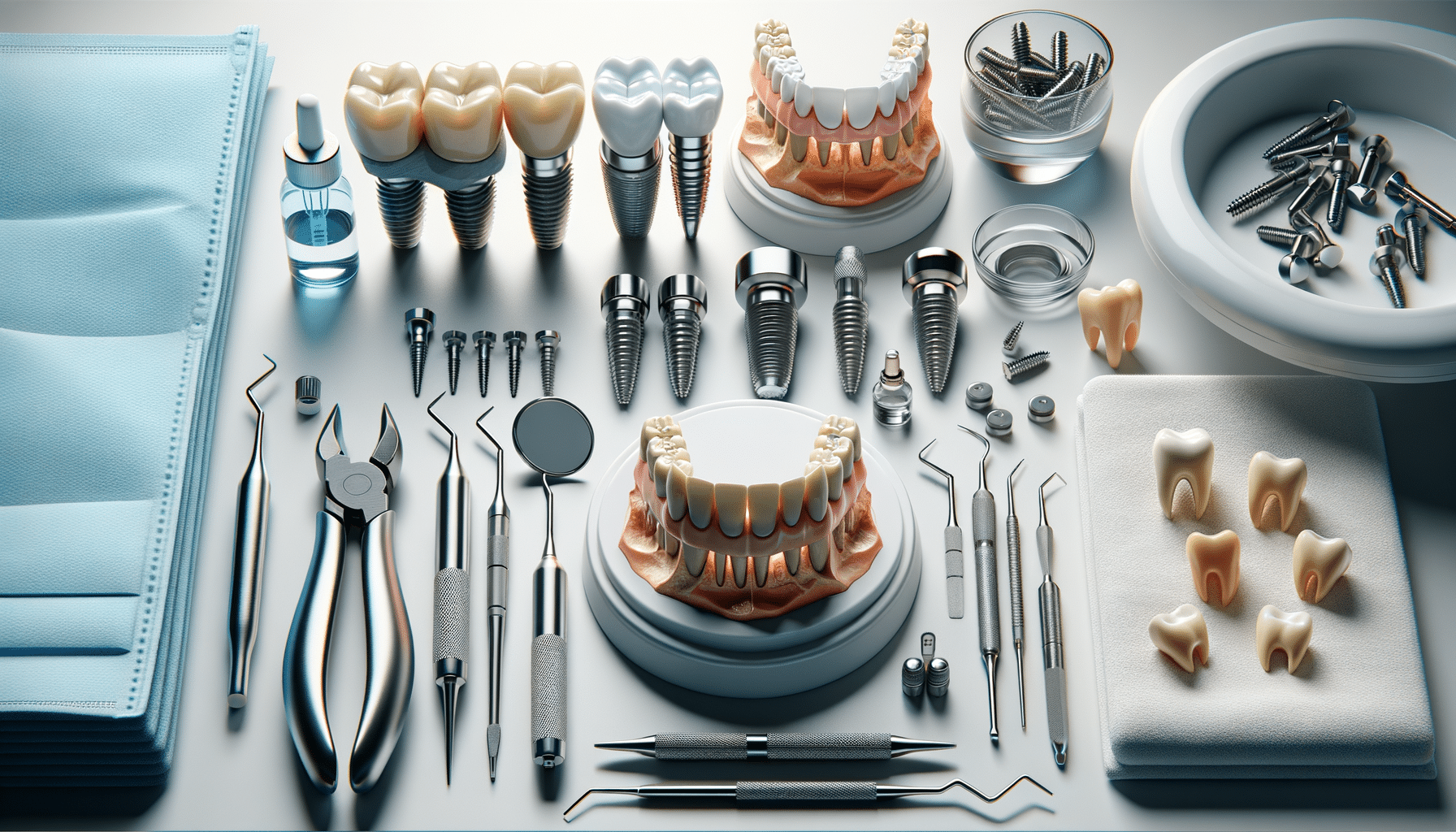
Understanding and Addressing Common Dental Concerns
The Importance of Oral Health
Oral health is a critical component of overall health and well-being. Maintaining a healthy mouth involves more than just having a bright smile; it plays a significant role in preventing various diseases and conditions. Poor oral hygiene can lead to dental problems such as cavities, gum disease, and even more serious issues like infections that can impact other parts of the body.
Regular dental check-ups are essential in identifying potential problems early on. Dentists can provide professional cleanings and advice on effective oral care practices. This preventive approach not only helps in maintaining good oral hygiene but also saves time and money in the long run by avoiding extensive treatments.
Moreover, oral health is closely linked to self-esteem and social interactions. A healthy smile can boost confidence, making it easier to engage in social settings. Thus, understanding and addressing dental concerns is crucial for both physical health and psychological well-being.
Common Dental Concerns
There are several dental concerns that individuals commonly face, each requiring specific attention and care. Some of the most prevalent issues include:
- Cavities: These are holes in the teeth caused by decay, often resulting from poor oral hygiene and high sugar consumption.
- Gum Disease: This includes gingivitis and periodontitis, which can lead to tooth loss if untreated.
- Tooth Sensitivity: Often caused by worn enamel or exposed roots, leading to discomfort when consuming hot or cold foods.
- Bad Breath: Known medically as halitosis, it can be a sign of underlying health problems.
Addressing these concerns requires a combination of good oral hygiene practices, dietary changes, and professional dental care. Regular brushing and flossing, along with a balanced diet, can significantly reduce the risk of these common issues.
The Role of Diet in Oral Health
Diet plays a pivotal role in maintaining oral health. Consuming a balanced diet rich in vitamins and minerals supports healthy teeth and gums. Foods high in calcium, such as dairy products, help strengthen tooth enamel, while vitamin C-rich foods support gum health.
Conversely, diets high in sugar and acidic foods can contribute to tooth decay and erosion. Sugar feeds the bacteria in the mouth, leading to plaque formation and cavities. Acidic foods and drinks can wear down enamel, making teeth more susceptible to decay.
To promote oral health, it is advisable to limit sugary snacks and beverages, opt for water over sugary drinks, and include plenty of fruits and vegetables in your diet. These habits not only benefit oral health but also contribute to overall physical well-being.
Preventive Dental Care
Preventive dental care is essential in maintaining oral health and avoiding serious dental issues. It involves regular dental check-ups, professional cleanings, and daily oral hygiene practices. Dentists recommend visiting for a check-up at least twice a year to catch any potential problems early.
Daily oral hygiene practices include brushing at least twice a day with fluoride toothpaste, flossing daily to remove plaque between teeth, and using an antiseptic mouthwash to kill bacteria. These practices help prevent cavities, gum disease, and other oral health issues.
Additionally, using dental products recommended by professionals can enhance the effectiveness of your oral care routine. Investing time in preventive care is a proactive approach that can lead to a lifetime of healthy smiles.
Innovations in Dental Care
The field of dental care is continually evolving with technological advancements that enhance treatment options and patient experiences. Innovations such as digital X-rays, laser treatments, and 3D printing have revolutionized dental procedures, making them more efficient and less invasive.
Digital X-rays provide clearer images with less radiation exposure, allowing for better diagnosis and treatment planning. Laser treatments offer precision in procedures like gum reshaping and cavity removal, reducing discomfort and recovery time.
3D printing technology is being used to create custom dental appliances and implants, improving the fit and comfort for patients. These innovations are transforming dental care, providing more effective and personalized treatment options.


